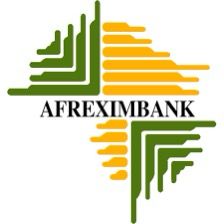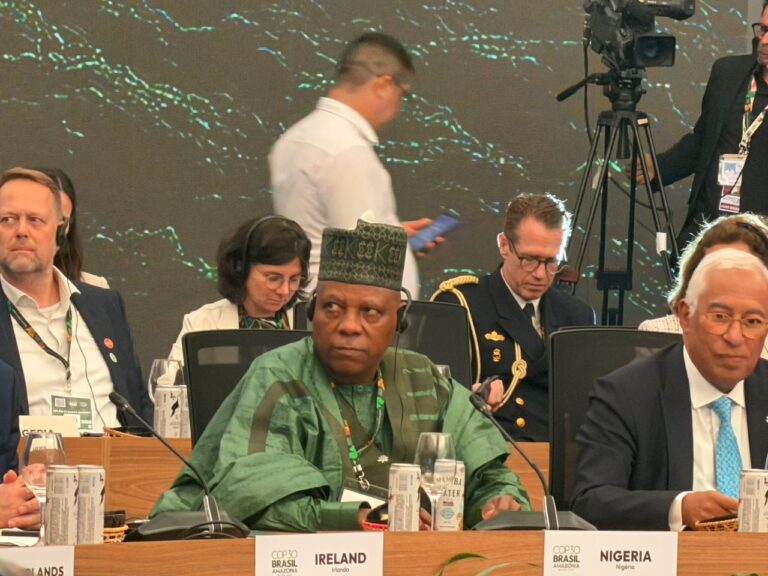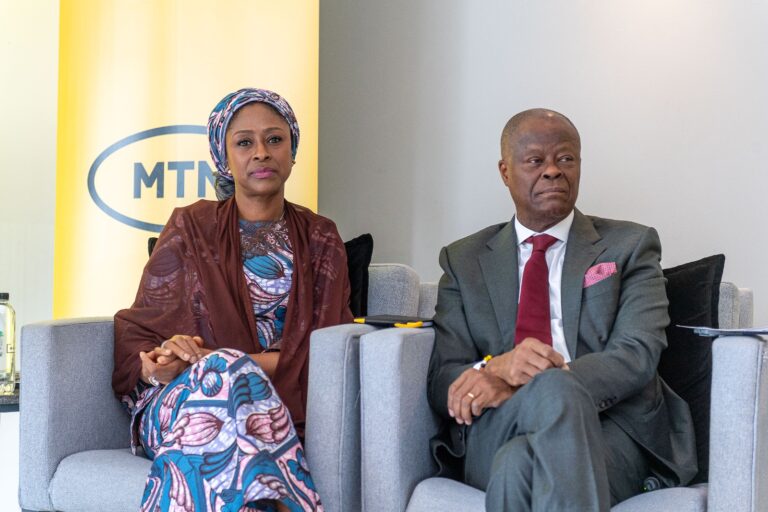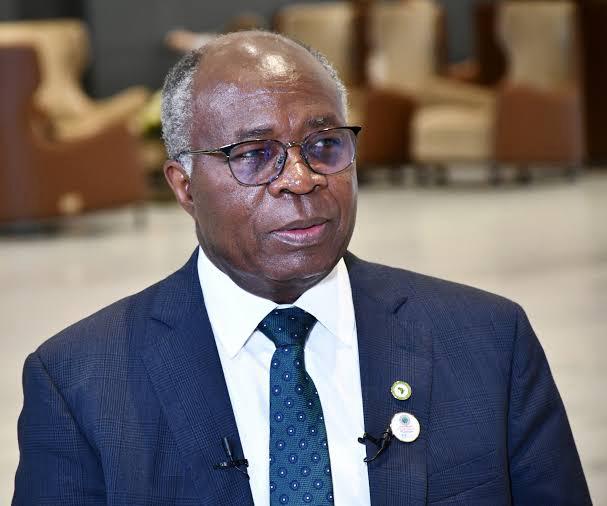The recent downgrade of African Export-Import Bank (Afrixmbank) Long-Term Issuer Default Rating (IDR) to ‘BBB-‘ with a negative outlook from ‘BBB’, was refuted by Afrixmbank and African Union’s credit support group–African Peer Review Mechanism (APRM). Both institutions accused fitch of miscalculation and misinterpretation of criteria that led to Afrixmbank downgrade by the global rating agency.
On the 4th of June 2025, Fitch Ratings— a global credit rating agency, after a close risk assessment decided to ‘underrate’ Afreximbank, by lowering its long-term foreign currency IDR from ‘BBB’ to ‘BBB-’ with a negative outlook, and downgraded the bank’s Short-Term IDR to F3 from F2; the credit agency cited “low transparency in the recent reporting of loan performance” and nonperforming loans (NPLs) ratio as key drivers that led to the downgrade.
The downgrade could send the wrong signal to investors–negatively impacting the banks stock price and reputation while signaling financial weakness— prompting Afreximbank and APRM to dispute such downgrade and calling for a correction in the ‘alleged error.’
Fitch had justified its decision by citing a perceived increase in credit risk and weak risk
management policies, based on its estimate that the bank’s non-performing loans (NPLs) stood at 7.1%. The credit agency classified Borrowing made by Ghana (2.4%), South Sudan (2.1%) and Zambia (0.2%) as NPLs– claiming these African states would default on their loan agreements to the Bank.
“By virtue of this Treaty”

Few days after the downgrade–APRM came out strongly condemning such assumptions made by fitch, the support group argued that such claims from Fitch are “inconsistent with the 1993 Treaty establishing the Bank to which Ghana and Zambia are both founding members, shareholders and signatories.” APRM stressed that the treaty binds all African states and imposes “specific legal obligations related to the Bank’s protection, immunities and financial operations.”
APRM further argued that “by virtue of this Treaty” borrowing made by member countries from Afrixmbank are guided by mutual benefit and interests rather than “typical commercial risk principles.”
“Fitch’s unilateral treatment of these sovereign exposures – as comparable to market-based commercial loans – despite their backing by treaty obligations and shareholder equity stakes, is flawed.” APRM argued.
The credit support group pointed that it’s a total ‘disregard’ to African financial institutions and the nature of Africa development if the global credit agency continues to rate Africa sovereign borrowings from Afrixmbank as commercial loans.
Afrixmbank unshaken.

However, in the risk assessment Fitch also acknowledges the Bank’s strong capitalization including its “strong equity to assets and guarantees ratio” and “excellent internal capital generation”.
Concentration risk is also reported as “low” and its liquidity assessment of “a” reflects the Bank’s “strong quality of treasury assets”. The Bank believes that these factors reinforce the overall soundness of the Bank’s risk management framework.
Afrixmbank gave fitch a further ‘knock on the head’ highlighting that the treaty by which it was established cannot be broken without consequences– affirming the bank it is not participating in debt restructuring negotiations related to any of its member countries. “To do so would be inconsistent with the Bank establishment treaty.” Afrixmbank noted.
The Bank noted that it remains committed to supporting its member countries in navigating their economic challenges while promoting trade-led growth, economic development and general macroeconomic stability.
NWALI CHIDOZIE MICHAEL













